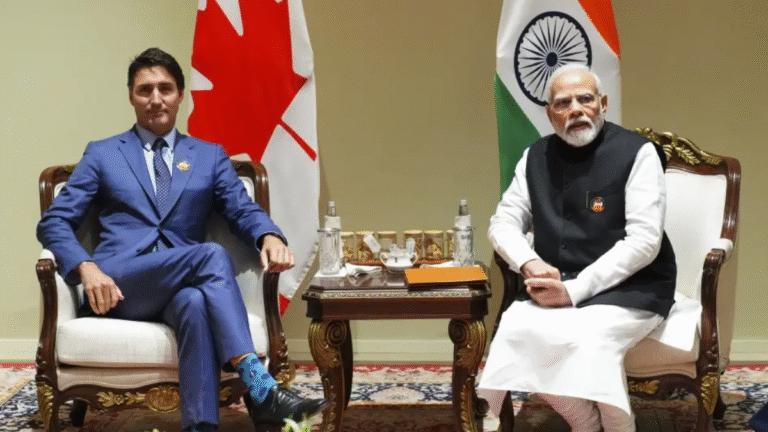
Summary – The US deployment of nuclear submarines after Russian remarks escalates global tensions and highlights the need for renewed diplomatic dialogue.,
Article –
In a significant geopolitical development, the United States has authorized the deployment of two nuclear-powered submarines to “appropriate regions” in response to provocative remarks by Russian political figure Dmitry Medvedev. This move has intensified global concerns over potential escalation between nuclear-armed powers and the stability of international security frameworks.
Background
The escalation began with assertive statements from Dmitry Medvedev, a high-ranking Russian lawmaker. In retaliation, the US ordered two nuclear submarines, belonging to the Ohio-class and Virginia-class fleets, to strategic maritime areas vital for deterrence and defense. These submarines are known for their advanced stealth and nuclear capabilities.
Key actors include:
- The US administration under President Joe Biden, focused on countering Russian assertiveness especially in Eastern Europe.
- The Russian government led by President Vladimir Putin, alongside figures like Medvedev, signaling readiness to defend Russian interests with possible military escalation.
The background also includes broader geopolitical and economic issues such as:
- The conflict in Ukraine
- NATO’s eastward expansion concerns
- Competition over energy resources and influence, especially in the Arctic
The submarine deployments reflect strategic deterrence measures amid fears of miscalculation.
The Global Impact
The positioning of US nuclear submarines in sensitive regions like the North Atlantic and Mediterranean increases the risk of unintended military clashes. This deployment serves as a signal of US commitment to protecting its interests and those of its allies, demonstrating significant undersea power projection capabilities.
Economically, such escalations can disrupt global markets, particularly affecting energy prices due to potential threats to oil and gas transit routes. Increased defense expenditure on such deployments may affect national budgets and alter global military balances.
Reactions from the World Stage
International responses have been mixed but largely cautious. Notable reactions include:
- European Union (EU): Calls for restraint and emphasis on diplomatic dialogue to avoid further escalation.
- NATO: Reaffirmed its commitment to collective security while encouraging diplomatic efforts to prevent conflict.
- China: Advocated for de-escalation while monitoring the situation due to its own strategic interests.
- United Nations (UN): Stressed the urgent need for renewed arms control treaties and improved communication channels between nuclear powers.
Experts warn that military signaling and assertive rhetoric add complexity to strained relations and advocate for revitalizing diplomatic frameworks like the Strategic Arms Reduction Treaty (START) and crisis communication hotlines.
What Comes Next?
The near future is expected to involve continued military vigilance alongside diplomatic efforts aimed at preventing conflict. Possible developments include:
- Back-channel negotiations between the US and Russia on confidence-building measures targeting naval operations and nuclear postures.
- Risks if de-escalation fails, including heightened military entrenchment, disruptions to global supply chains, and weakening of arms control agreements.
- Opportunities if dialogue succeeds, such as renewed treaties and mechanisms addressing risks like cyber warfare and advanced missile technologies.
This situation highlights the fragile nature of modern nuclear diplomacy and underscores the critical importance of sustained communication between major powers. Analysts emphasize tackling root causes of mistrust, including divergent security perceptions and regional conflicts, to ensure long-term stability.
As global observers remain attentive, the balance between demonstrating military strength and pursuing diplomatic peace will crucially influence the future of international relations.


